This is an audio transcript of the FT News Briefing podcast episode: ‘Europe’s battery darling runs out of juice’
Sonja Hutson
Good morning from the Financial Times. Today is Friday, September 20th and this is your FT News Briefing. The markets are saying let’s party like it’s 2019. Meanwhile, Swedish battery maker Northvolt is entering its austerity era. Plus, people can get obsessed with their frequent flyer status. So when some airlines announced stricter rules, the gloves really came off.
Brooke Masters
And now US regulators are asking, is this a bait and switch and is it illegal?
[MUSIC PLAYING]
Sonja Hutson
I’m Sonja Hutson and here’s the news you need to start your day.
[MUSIC PLAYING]
Looks like Wall Street is going to be putting some champagne on ice. The S&P 500 closed at an all-time high yesterday. Investors bet that the Federal Reserve’s mega half-point rate cut is going to steer the economy into a soft landing. In other words, dodge a recession. Big Tech stocks at the top of the index led the rally, and the tech-dominated Nasdaq Composite was up 2.5 per cent yesterday. It’s a sector that really loves low rates because when money’s cheaper, debt feels lighter and riskier, assets start to look a little less scary. And it wasn’t just a party in the USA. European and Japanese indices were also up by a percentage point or two.
[MUSIC PLAYING]
A Swedish battery company has been a symbol of Europe’s fight against US and Chinese dominance in electric vehicles. But Northvolt is now struggling to scale up its operations and stay afloat. I’m joined now by the FT’s Richard Milne to discuss what this could mean for Europe’s auto industry. Hi, Richard.
Richard Milne
Yeah, hi there.
Sonja Hutson
So first off, why was Northvolt this kind of beacon of hope for Europe’s green energy ambitions?
Richard Milne
Yeah. So it was founded in 2017 by two former Tesla executives and then very quickly got the likes of Volkswagen, Goldman Sachs, BMW, Siemens, Ikea, all sorts of people on board to shareholders you know created a lot of optimism. And they went pretty quickly. They opened their gigafactory just below the Arctic Circle in northern Sweden at the end of 2021, producing the first battery. And it raised more money than any other privately held start-up in Europe. It’s raised more than $15bn, but since then, not a lot has gone right.
Sonja Hutson
Yeah. And what kind of problems is Northvolt facing?
Richard Milne
At its most basic, it just isn’t producing enough batteries. Battery making is just incredibly complex. One expert said it was like getting a million ballet dancers and everything has to go right. And it just has struggled to make its production lines work at the right speed, the right quality at the right cost levels. So it’s just massively behind schedule. It’s burning through a lot of cash. And at the same time, it’s up against these Asian competitors, particularly CATL and BYD of China, that are able to produce batteries extremely cheaply.
Sonja Hutson
And what’s the company doing to try to overcome those challenges?
Richard Milne
So the first thing it’s doing really is scaling back its ambitions. At one stage it was going to try and build so four gigafactories at the same time. It stopped or paused a lot of that and it really focusing just on this gigafactory in northern Sweden first. It realises that that is what it’s got to get right. But basically, if investors don’t give it more capital fairly soon, then it’s going to be in trouble. And the backdrop here is that in Europe, the demand for electric vehicles has been less than expected. This, in some ways may help given that it’s not making very much of them, but it also is giving investors sort of pause for thought. You know, is this green industry sector as hot as we thought it was?
Sonja Hutson
Hmmm. Now if Northvolt can’t get its act together, what would that mean for Europe?
Richard Milne
So this is really the big question. I mean, the car industry’s hugely important in Europe, and we’re in this transition to electric vehicles that are going to be dependent on batteries. If Northvolt doesn’t succeed and other European start-ups also don’t succeed, then basically you’re giving that part of your supply chain to Asian players. And that leaves a lot in the car industry worried because you want to have a close relationship with your battery maker. You probably want to tailor the batteries to your cars rather than to your rivals. So this is sounding big alarms in Europe.
Sonja Hutson
Richard Milne is the FT’s Nordic and Baltic correspondent. Thanks, Richard.
Richard Milne
Thanks so much.
[MUSIC PLAYING]
Sonja Hutson
Another day, another central bank meeting. The Bank of England said yesterday that it’s holding interest rates at 5 per cent for now, which isn’t a surprise. A majority of analysts predicted that it would keep things steady. That’s because inflation did not change in August and the BOE already cut borrowing costs by a quarter point last month. But future rate cuts are still on the table. The bank said it would take a gradual approach to loosening policy so long as there is no major changes in the economy. So most people assume that means the next rate cut is likely to come in November.
[MUSIC PLAYING]
There is no better feeling than booking a vacation. Well, except for maybe when you get that free business class upgrade because you have status. Frequent flyers love collecting points from their loyalty programs. But over the past couple of years, airlines have started making it even harder to maintain that status. And customers are not letting this fly. Here to explain more is the FT’s Brooke Masters. Hi, Brooke.
Brooke Masters
Hi.
Sonja Hutson
So for the uninitiated, how exactly do these airline loyalty programs work?
Brooke Masters
The basic way is you get a certain number of points for flying a certain number of miles, and then you can use those points to buy upgrades or buy seats. And as you hit certain levels of points, you get a status. For example, I am this year a gold status member on Delta.
Sonja Hutson
Gold? You?
Brooke Masters
My husband is a diamond, which is much better. My husband’s diamond status means basically if he flies business class and there’s a free seat in first class, they automatically upgrade him and you used to get into lounges. Now it’s a lot harder to get in lounges.
Sonja Hutson
Well, I hope you achieve diamond status one day. And just how profitable are these programs for the airlines?
Brooke Masters
These days they are absolute cash cows. That’s because they’ve figured out a new trick instead of just giving you points when you fly. They now cut deals with credit card companies where the credit card companies buy the points from the airlines and offer them to their customers for charging on the credit card. The airlines and the credit card companies also offer co-branded credit cards, which give fees to the airlines, as well as to the credit card companies. As a result, IAG, which is the parent of British Airways and Iberia, actually makes more money from its credit card program than it does from flying any of its airlines.
Sonja Hutson
So why are some customers annoyed with these programs right now?
Brooke Masters
There’s been a problem since Covid with too many people with too many points, because if you imagine people built up their points during Covid, they now want to fly. And so there was just too many people trying to use too few benefits, and it became very unpleasant. So the airlines have basically changed the rules, saying, we know we told you a credit card would get you lounge access. Actually, not so much. You know, it’s better for all of us. We’re trying to build loyalty. And now US regulators are asking, is this a bait and switch and is it illegal?
Sonja Hutson
And so if customers get so annoyed that they start to ditch these programs, where does that leave the airlines, especially because these programs are so, so profitable?
Brooke Masters
It will be tough for their bottom lines, I mean, because this is absolutely an important part of their growth plans and their profit programs. American Airlines got itself into big trouble a couple of months ago when it tried to say that if you booked your corporate flights, unless you booked them directly with American or through a couple of preferred travel partners, you wouldn’t get points at all. And people stopped flying. I mean, it showed up in their bottom line. They had to reverse the policy. The airlines do run the risk that they may choose not to fly them if the frequent flyer program is too bad.
Sonja Hutson
OK. So people are obviously heavily invested in these programs. But why is that? Like, what is it about them that gets everyone so riled up?
Brooke Masters
When Delta changed its rules the travel boards lit up and one of the best comments was somebody who referred to the alterations as a stinking, odorous sack of shites. There is this emotional feeling that when the program works, you love them. But, you know, every time I walk by the lounge and realise I can’t get in, it makes me really angry. And that’s what it’s about. It’s a game. People are absolutely emotionally attached to their programs. One of the consultants I talked to said you should always keep in mind people will pay anything to get something for free.
Sonja Hutson
Brooke Masters is the FT’s US financial editor. Thanks, Brooke.
Brooke Masters
Always a pleasure.
[MUSIC PLAYING]
Sonja Hutson
You can read more on all these stories for free when you click the links in our show notes. This has been your daily FT News Briefing. Check back next week for the latest business news. The FT News Briefing is produced by Niamh Rowe, Fiona Symon, Marc Filippino, Kasia Broussalian and me, Sonja Hutson. Our engineer is Monica Lopez. We had help this week from Michela Tindera, Mischa Frankl-Duval, Sam Giovinco, David Da Silva, Michael Lello, Peter Barber, Gavin Kallmann and Persis Love. Our executive producer is Topher Forhecz. Cheryl Brumley is the FT’s global head of audio and our theme song is by Metaphor Music.




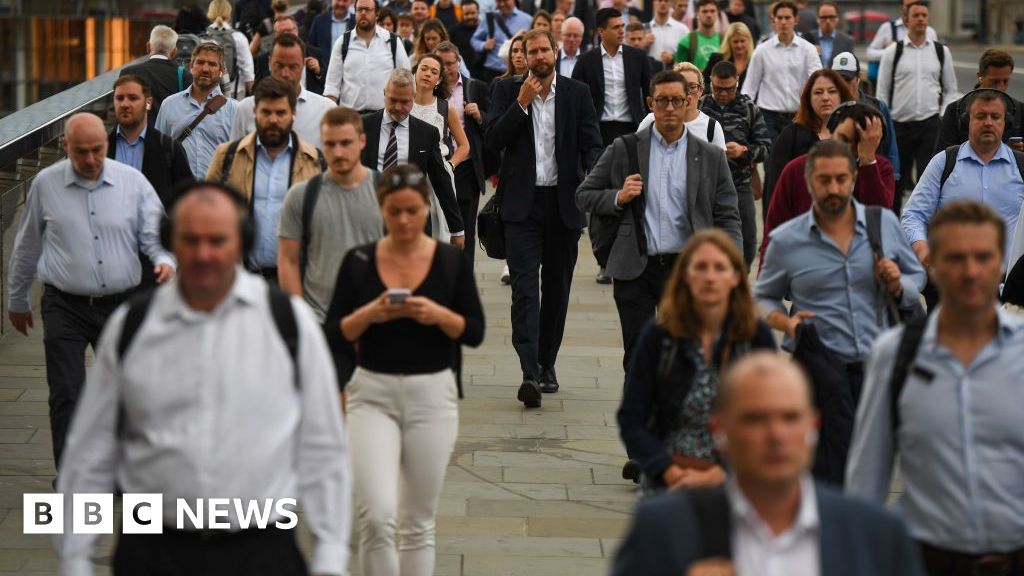


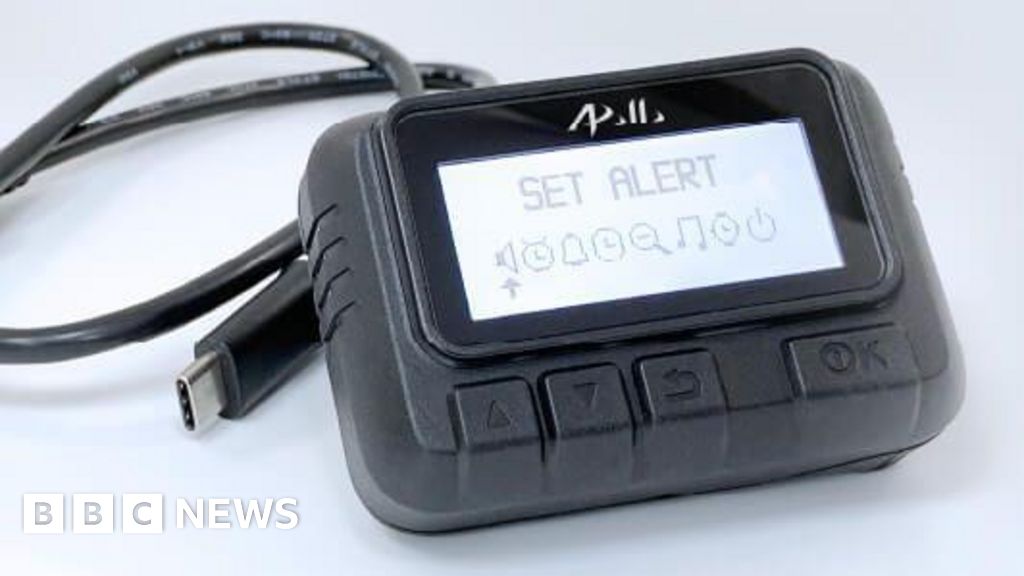






































































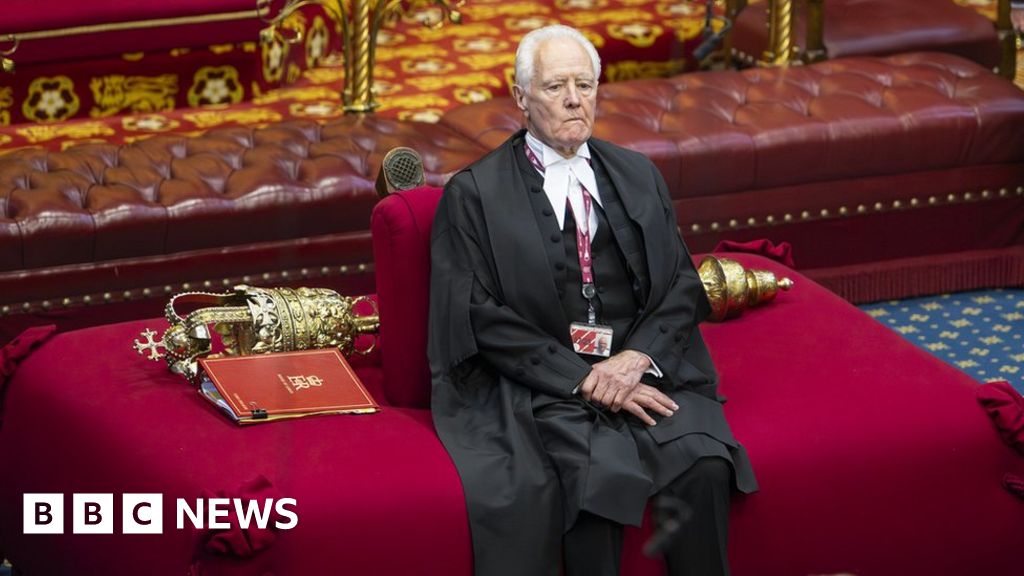
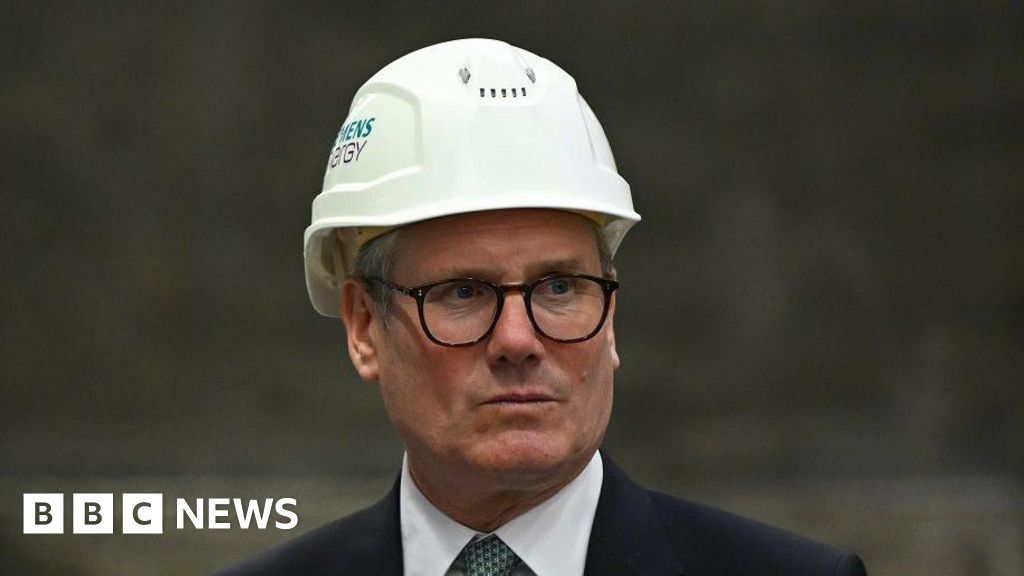






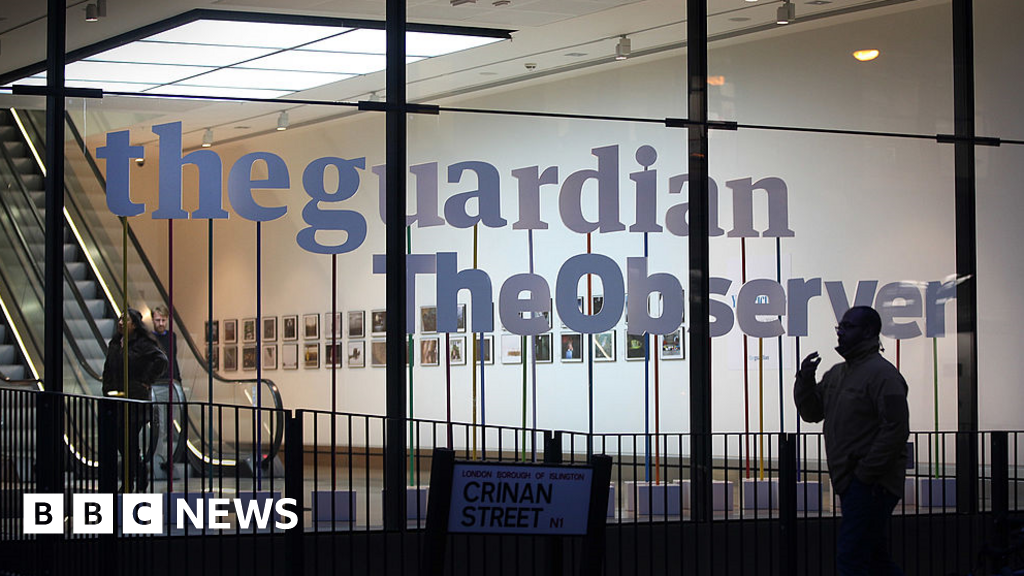























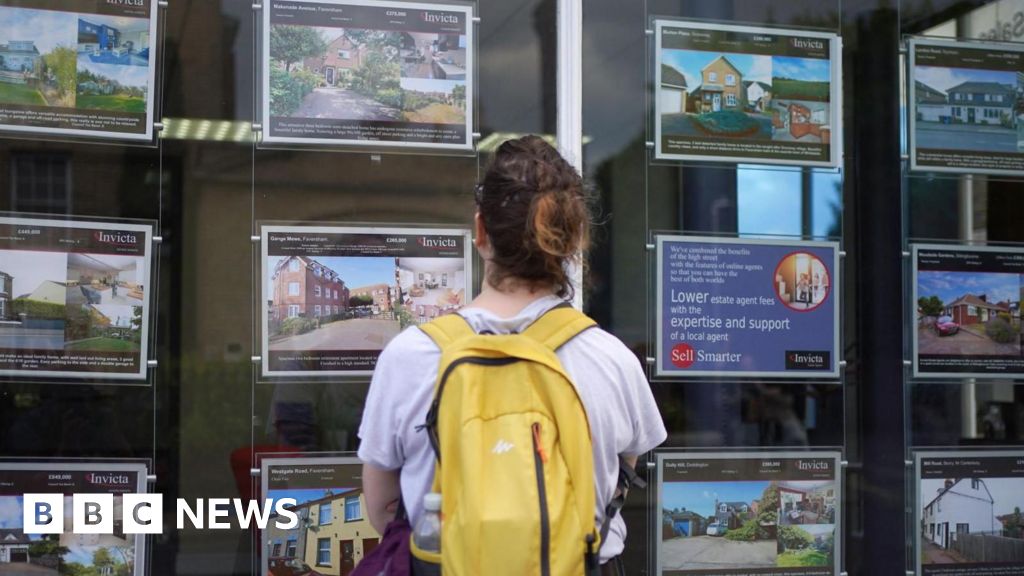












You must be logged in to post a comment Login